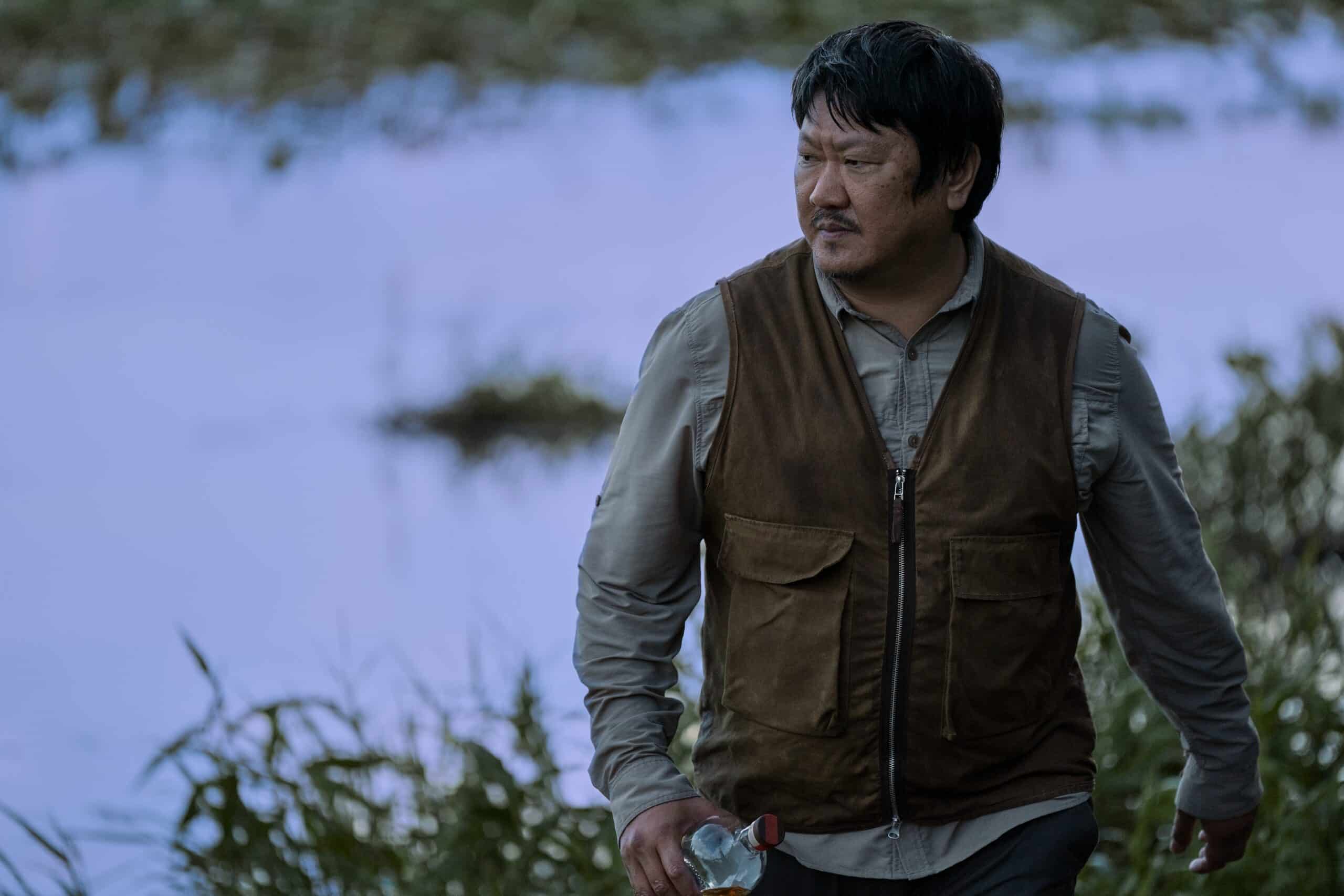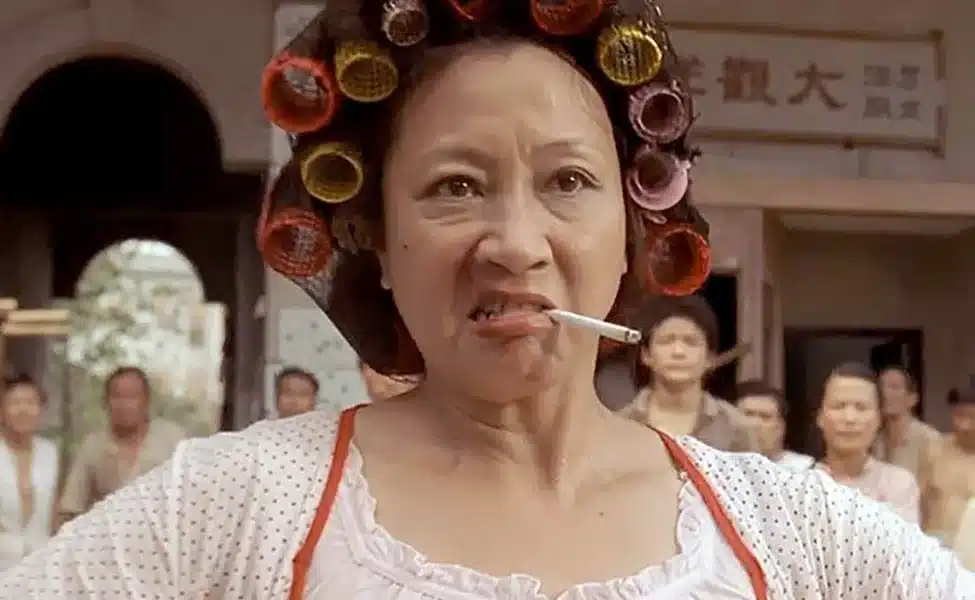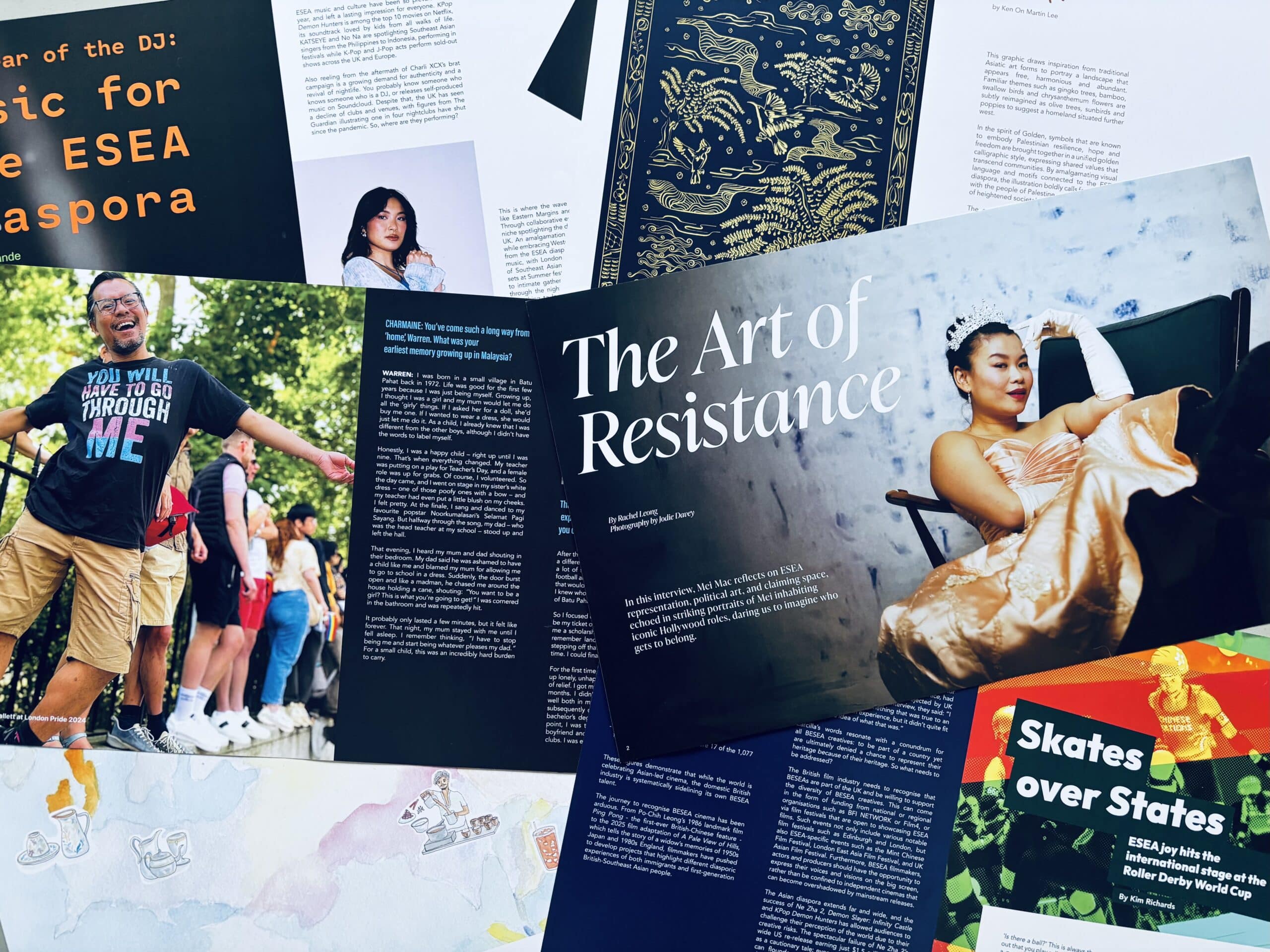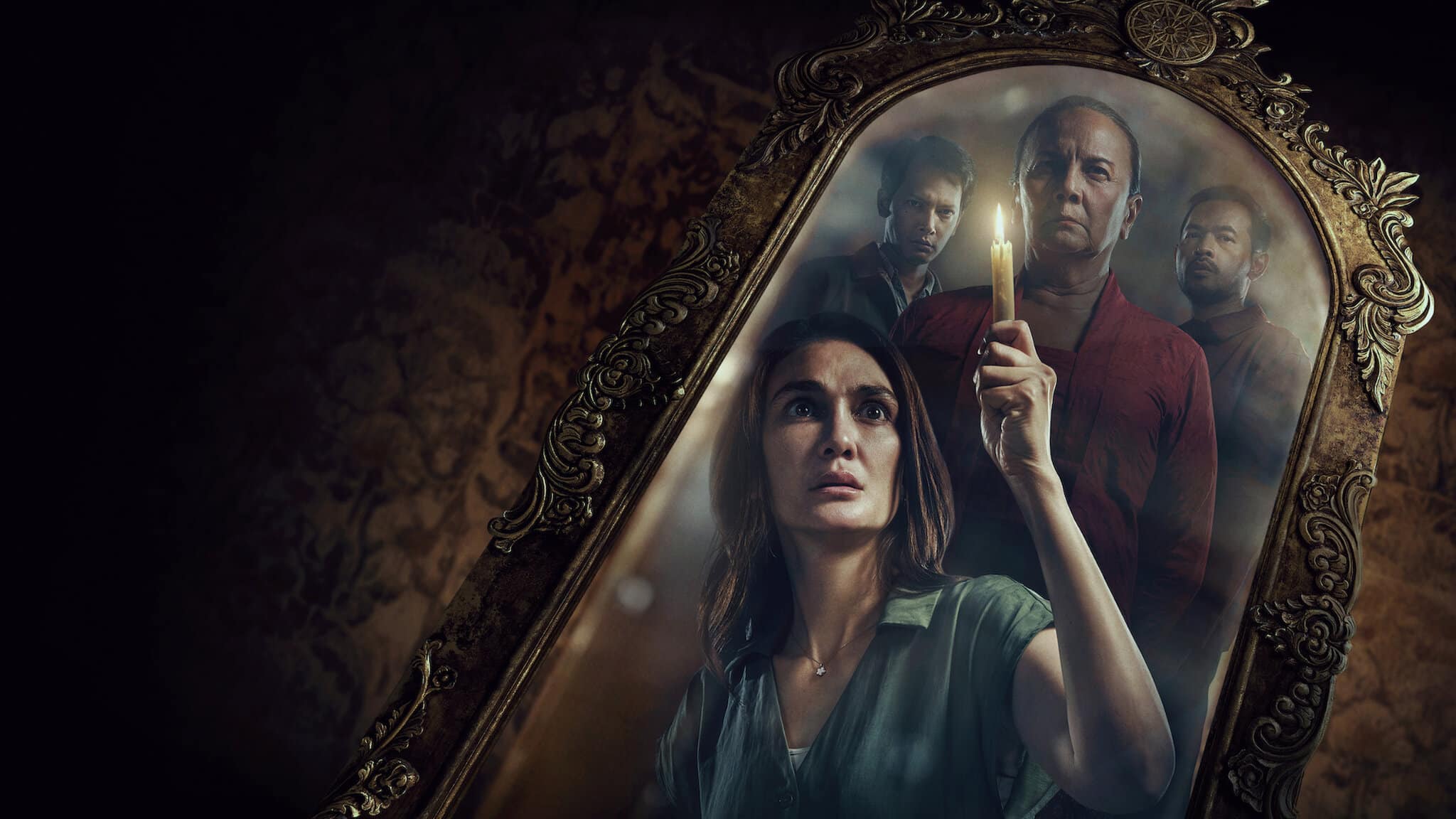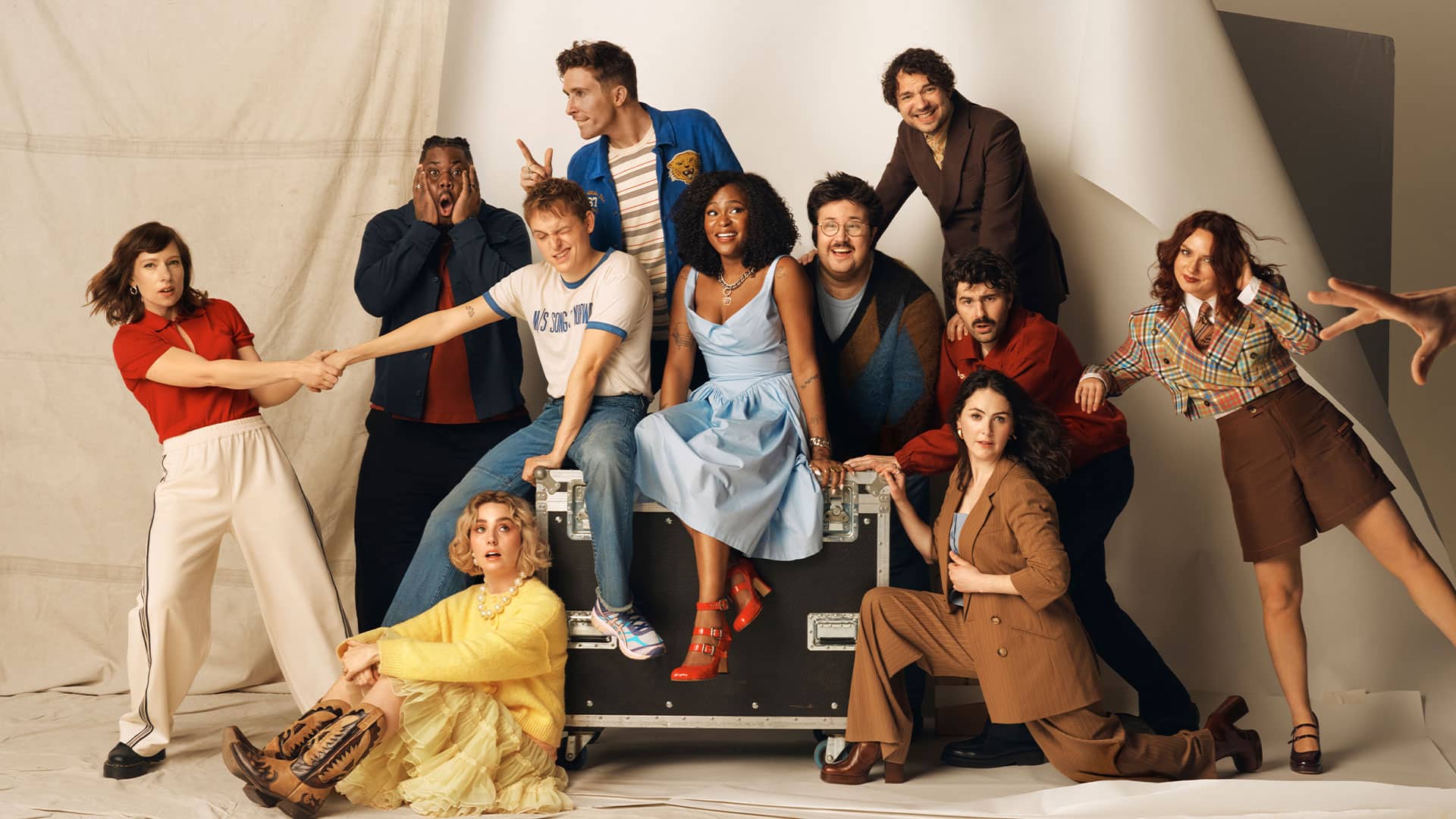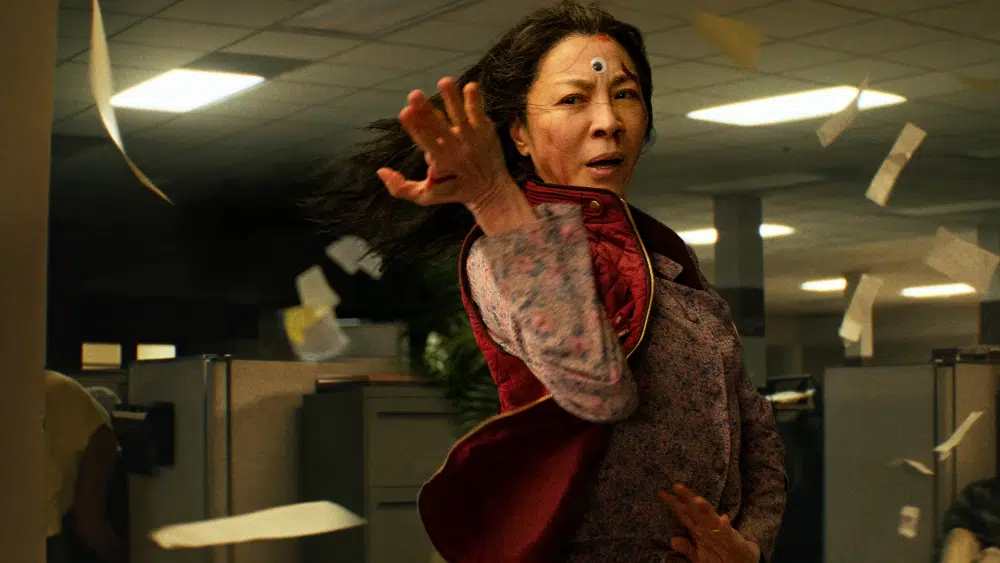When it comes to West End classics, there’s none more seminal and iconic than Les Misérables. A production masterpiece that dates back to the 1980’s, Les Misérables has served as the inspiration and template for musicals to date, giving rise to phenomenal modern-day retellings of historical events such as Hamilton. But as historically pivotal as the French Revolution and Alexander Hamilton were for their respective countries, Nathania Ong has forged her own historic milestone for Singapore.
Touted as the first Singaporean to star in Les Misérables as well as in Hamilton, Ong has broken boundaries for the Little Red Dot and the wider theatre industry. What’s more, Ong’s roles in these productions are far from minor, nameless characters. By taking on the leading role of Eponine in Les Misérables and Eliza Hamilton in Hamilton, Ong has taken Singapore’s representation from zero to hero.
To learn more about Ong’s incredible story and success, Resonate sat down with the Singaporean West End star who reflected on her journey from her London home.
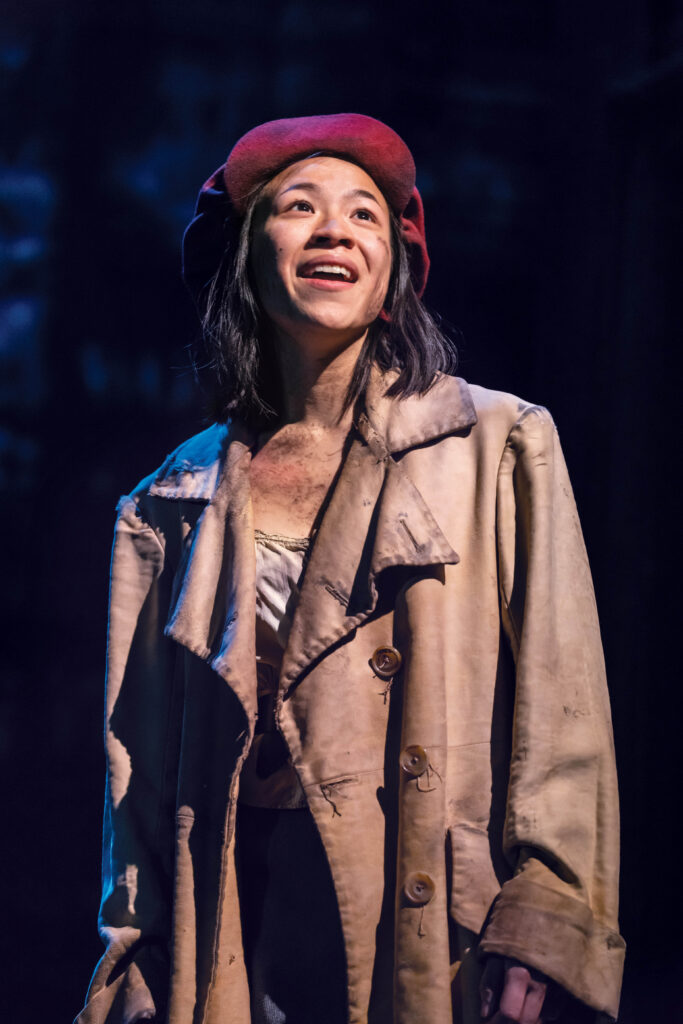
CC: We’d love to hear about your journey, your thoughts on the mix of cultures, and more. Let’s start with your background. Can you tell us a bit about your upbringing in Singapore and what got you into acting?
NO: I was actually born in the UK and moved to Singapore when I was about one-and-a-half years old, so I have no recollection of the UK. For me, Singapore has always been home. It’s where I grew up, with all the familiar sights, sounds, and tastes. I ate so much food as a child! My mother was an excellent cook.
Singapore is like my first home. My father, on the other hand, isn’t a professional singer now, but he did some semi-professional work when he was younger. Music has always been a big part of my family. I grew up singing a lot, mainly pop and R&B, with little bits of classical here and there.
At some point, I ended up going to ACJC. I actually got in through a drama appeal, even though I’d never done drama before in my life. I figured, “If you don’t ask, you don’t get,” so I tried.
CC: What made you want to do that?
NO: Honestly, I wasn’t academically strong enough to get in based purely on merit. But ACJC was where I really wanted to go. My sister and dad went there, so there was a strong alumni connection in my family. That’s where I got my first taste of acting, and I thought, “This is pretty fun.” Then I discovered musical theatre—where you could sing and act at the same time. Mind-blowing! That’s when I decided to give it a shot.
When I first auditioned for schools in the UK, I applied for straight acting because I figured I could manage the singing bit on my own. But I didn’t realize that to get into acting school, you actually had to be able to act! So, I didn’t get in. Thankfully, LaSalle in Singapore saw potential in me, and I joined their straight acting program. It gave me a solid foundation.
After a year at LaSalle, I decided to reapply to the UK. My best friend convinced me to try again, even though I was scared after being rejected the first time. She said, “The worst they can say is no.” I applied to Mountview, which was the only school auditioning in Singapore at the time. Things just fell into place. I got in, and the rest is history.
CC: What was the audition process like?
NO: I only had three rounds for that audition. The initial audition was in person with Neil and Eddie, who flew in to conduct it. I had to perform two songs and a monologue. Then I didn’t hear back for ages. Eventually, I got a final recall, but I had to fly to the UK for it. It was stressful because I was in the middle of my final-year show at LaSalle. I ended up cutting my role in the play short, grabbed my luggage, flew to the UK, landed two hours before the audition, and went straight in. It was intense but worth it.
CC: What was the general response back in Singapore, especially since pursuing the creative arts is quite an unconventional path there?
NO: My family has always been incredibly supportive. They had faith in me and respected what I do. When I faced rejection, they were there to comfort me and lift me up. My friends were the same—very supportive and encouraging. I’m lucky to have that kind of positivity around me. However, speaking with relatives was a different story. Many aunties and uncles would question my career choice, asking how I was going to make money. I usually avoided talking to them about it.
CC: Why do you think there’s such reluctance among Singaporeans to accept the creative arts as a legitimate career path?
NO: I think it’s rooted in Asian culture, where stability is highly valued. There’s a focus on traditional values, like providing for your family and living comfortably. The arts are seen as unstable and competitive, with few people managing to make a full-time living from it. In Singapore, the industry is still young, so it’s rare to find consistent opportunities. Many actors have to supplement their income with other jobs. That’s not to say it’s easy anywhere else, but in places like the UK, the older industry has more infrastructure and opportunities.
CC: As someone who’s experienced both theatre industries, what do you think Singapore can do to catch up to the UK?
NO: It’s a tough question, but I think drawing more support from the general public would help. Commercial productions can facilitate the creation of new projects in the future. Financial support from the government would also be crucial. London’s West End, for example, isn’t just supported by locals; it attracts domestic and international tourists. Singapore’s theatre scene could benefit from building a similar reputation, not just within Singapore but across Southeast Asia. Developing a strong brand around theatre companies, like what Wild Rice and Pangdemonium are doing, could also help.
CC: Who were your inspirations growing up?
NO: I didn’t grow up with much exposure to musical theatre, but I’d say Lea Salonga. She’s incredible. Watching her showed me that it’s possible for someone who looks like me to be up there. She put us on the map and made the dream seem achievable. But back then, I was just a little girl singing Carrie Underwood, Rascal Flatts, and Kelly Clarkson songs.
CC: Let’s talk about Les Misérables. How did that opportunity come about?
NO: I initially auditioned for the role of Éponine in the West End production. I got pretty far but didn’t make it. I was upset but kept going. Shortly after, I joined Be More Chill for a short run. Near the end of that, I was stressed about finding my next job, and then the audition for Les Mis came up. I went through several rounds and eventually landed the role. It all happened so quickly.
CC: How long were you in Les Misérables?
NO: I was in Les Mis for a year and nine months. I did nine months on the tour and then transferred to the West End production, where I stayed for a year before heading back to Singapore for a bit.
CC: What was the most challenging and enjoyable part of the production?
NO: The most challenging part was silencing the voice in my head that criticized everything I did. I’ve learned that perfection is overrated and boring. Now, I focus on making my performances feel alive and connecting with the audience. The most enjoyable part was the friendships I made. Being away from my family in Singapore, the cast became my family in the UK.
CC: How did you transition to Hamilton?
NO: I auditioned for Hamilton while I was in Singapore. After several tape submissions and rounds of feedback, I had to fly back for the final rounds. The process was similar to other auditions: lots of rounds, recalls, and waiting. But I eventually booked the job.
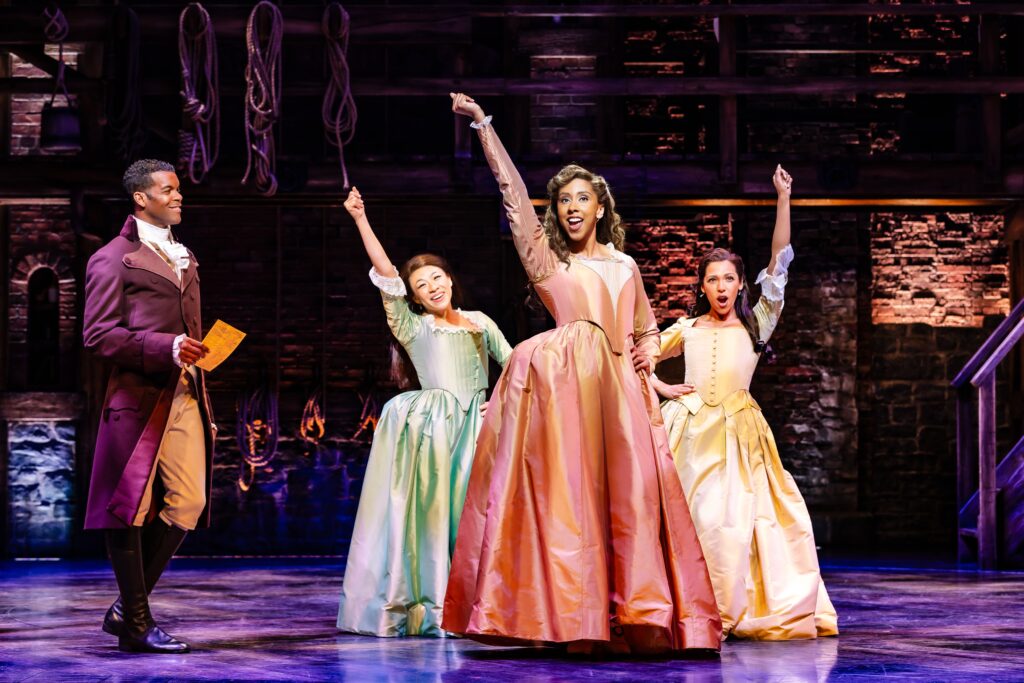
CC: How has Hamilton been compared to Les Misérables?
NO: They’re vastly different. Éponine was scrappy and raw, whereas Eliza in Hamilton is kindness personified. It’s been inspiring to embody a character like Eliza, who motivates me to be a better person. The cast is also incredibly talented, especially the ensemble dancers—their energy is phenomenal.
CC: What’s next for you?
NO: I’m in Hamilton until June next year. After that, I’m open to opportunities. I’d love to explore TV, film, and motion capture. I also want to take time to be creative for myself and grow as an artist.
CC: Do you have any advice for actors in Singapore?
NO: Cast your net wide. Don’t limit yourself to one place. If you’re passionate about creating, start writing, building, and taking risks. Learn about yourself and the world around you because that knowledge will make you a better performer. Most importantly, don’t be afraid to take chances. The worst that can happen is hearing “no,” but you might also discover amazing opportunities.



